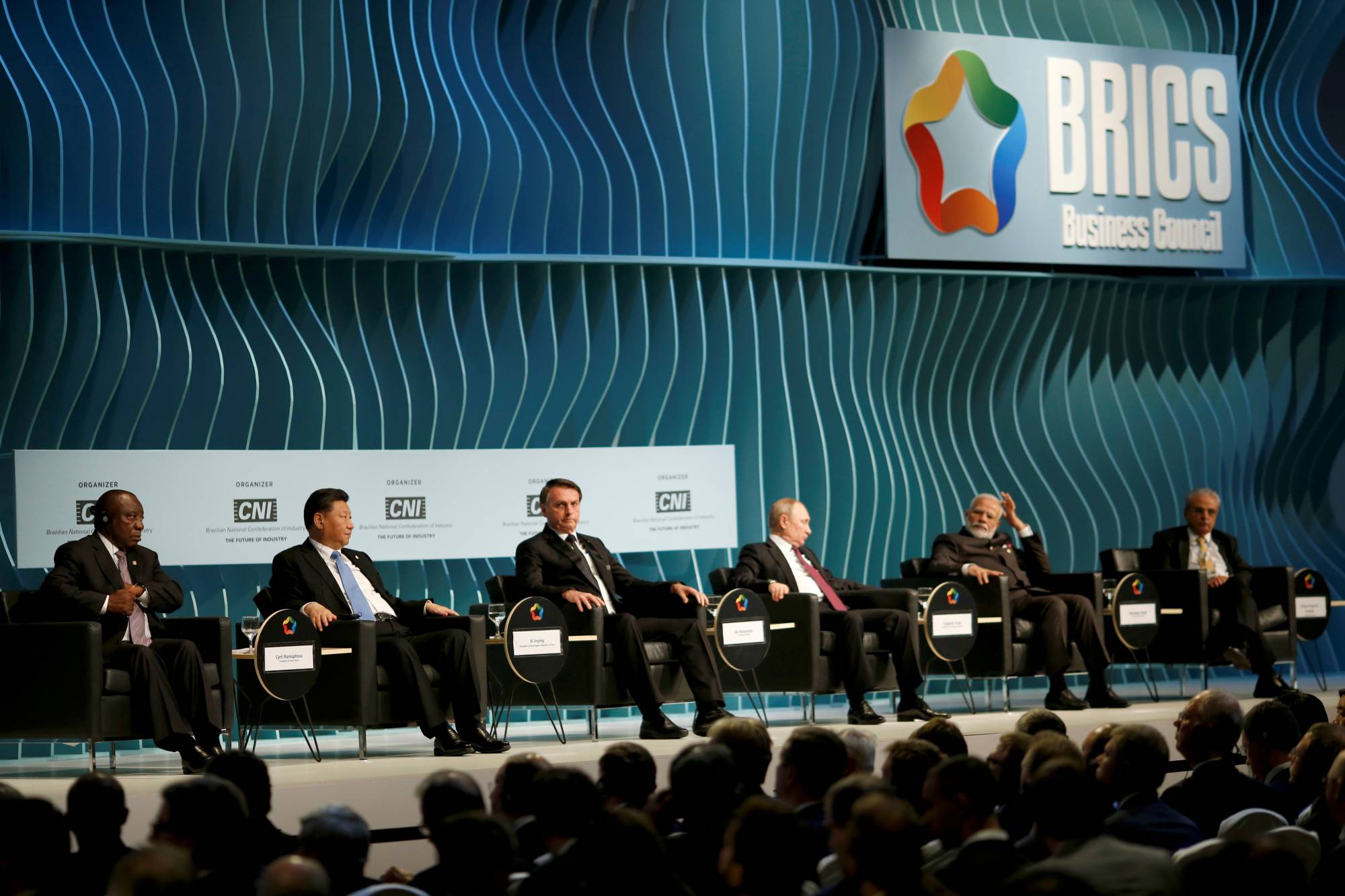If the enemies of our enemies are our friends, does that mean that the enemies of our friends are our enemies?
This is a question that retired Sen. Col. Zhou Bo, now a fellow at the Center for International Security and Strategy Tsinghua University, has asked himself.
Here is his answer: “Not necessarily. ... That’s the Chinese perspective on the Russia-Ukraine war.”

















With your current subscription plan you can comment on stories. However, before writing your first comment, please create a display name in the Profile section of your subscriber account page.